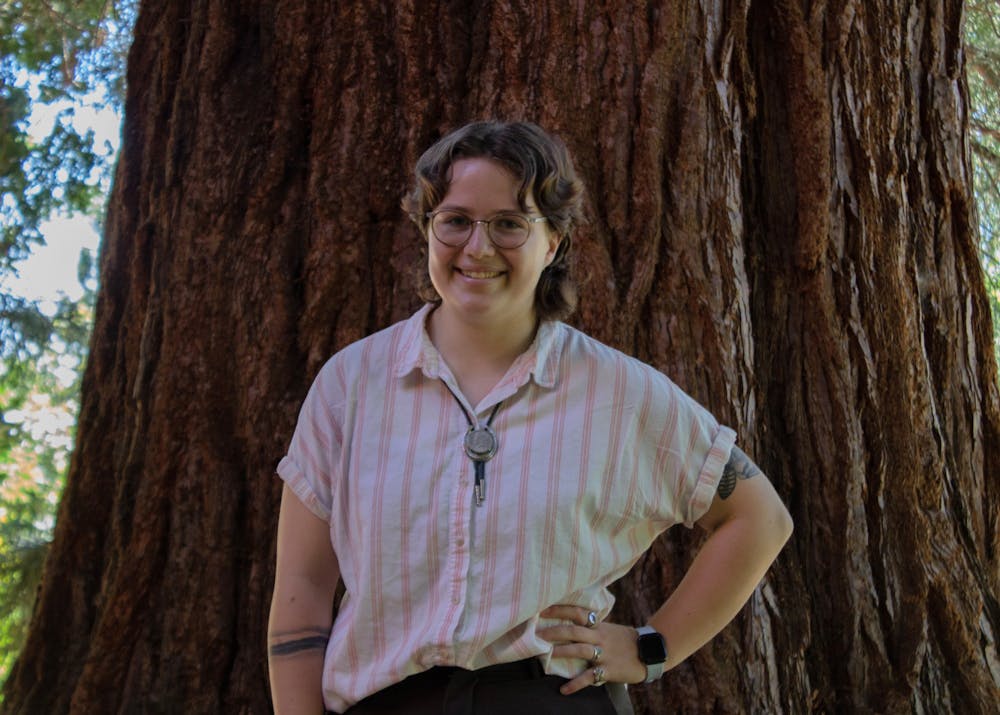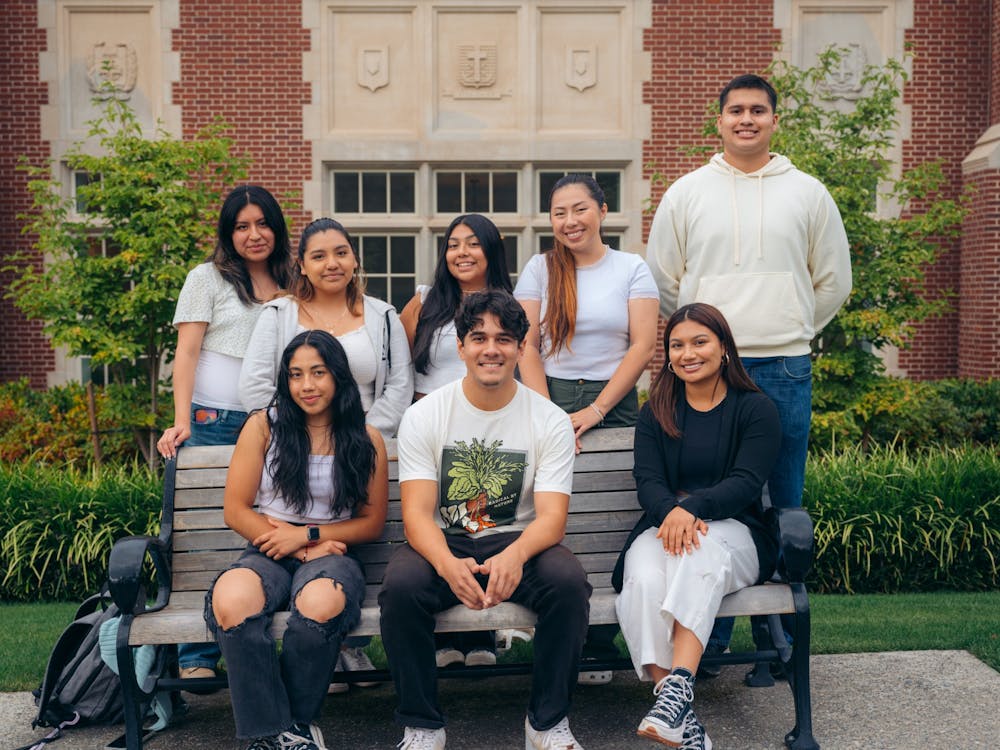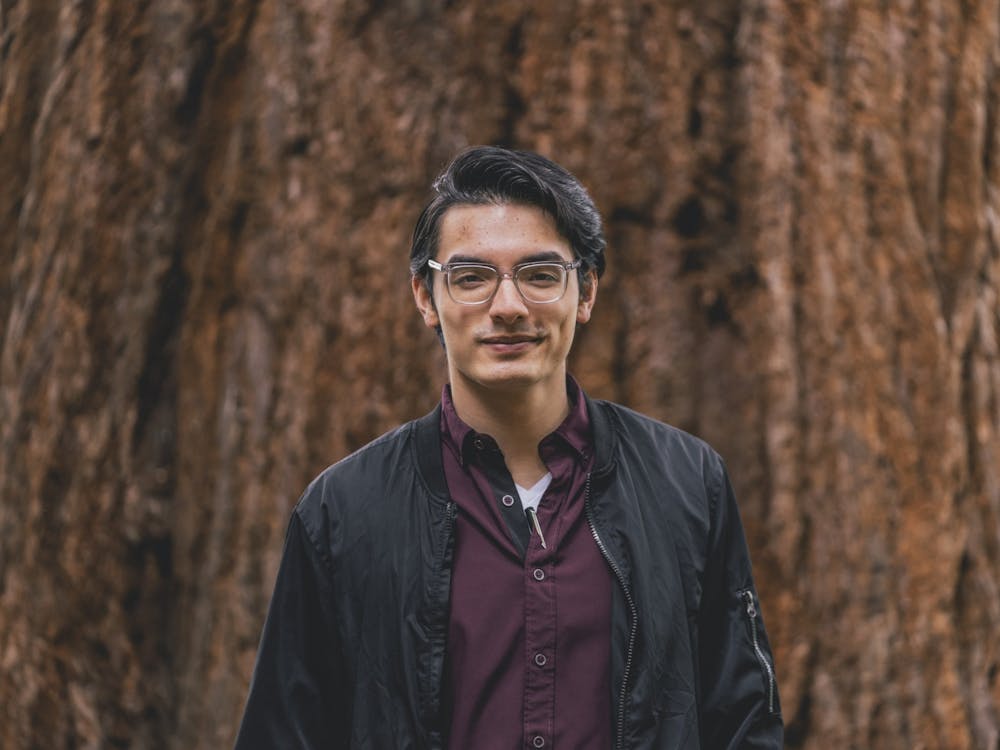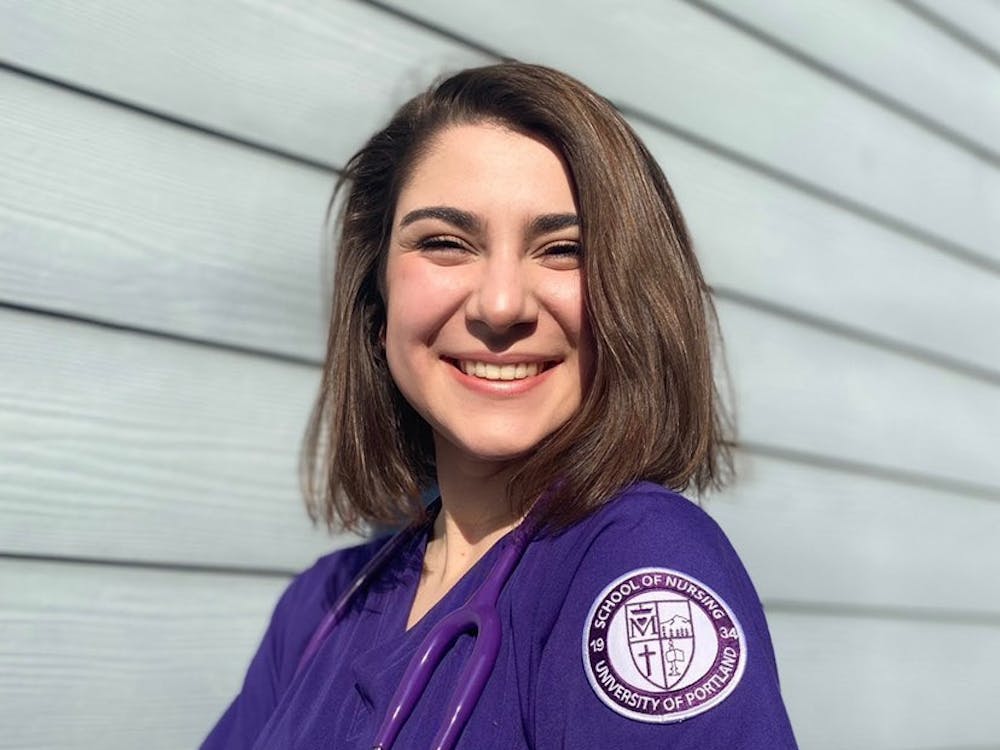Spending time away from your wives, going on adventures, dusty and clad in leather is not straight people behavior…Cowboys are gay.
Cowboys are inherently queer. Not the redneck “pop country” cowboys that we see today, but the pop culture versions that we’ve seen on our T.V.s.
Being from Colorado, I have had interactions with cowboy culture all my life, from riding horses at my grandma’s house to my school annually participating in “Wild West Days,” where kids dressed up as cowboys and participated in wild west-themed activities.
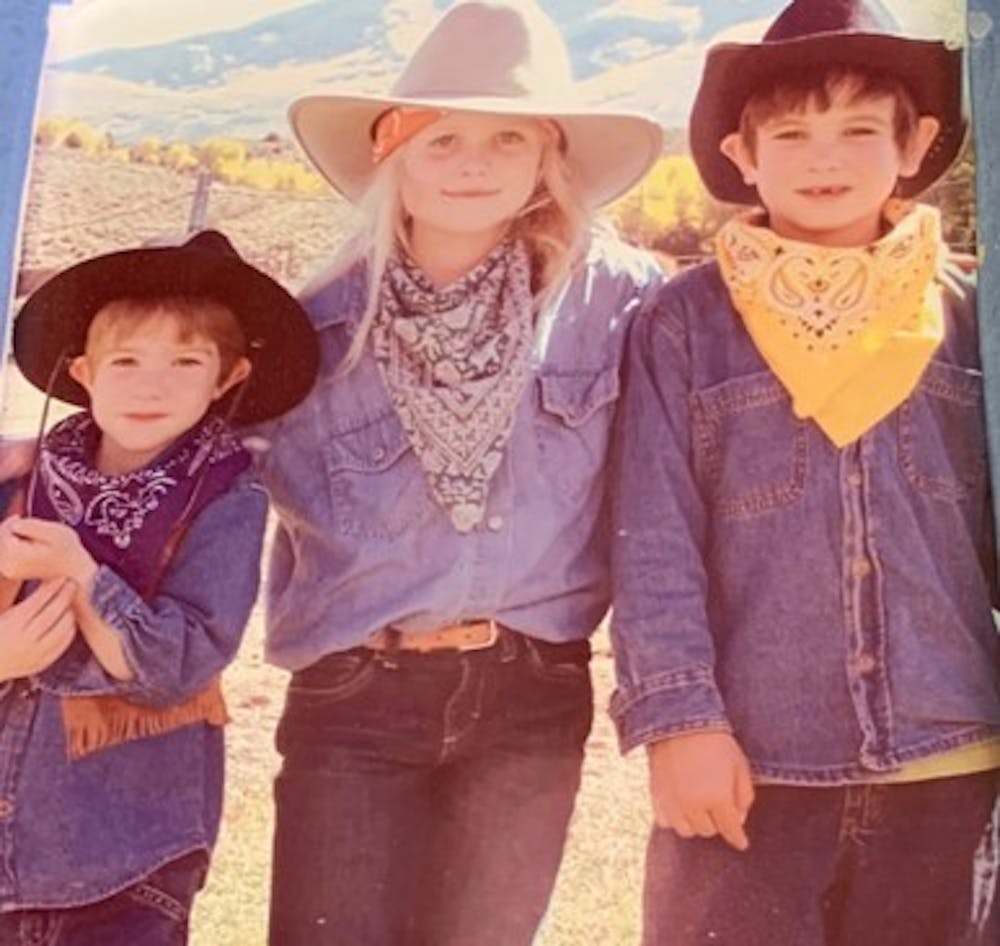
Photo courtesy of Wilder Isom.
In terms of this piece, though, I intend to look at more of the portrayal of the wild west in the media and how oftentimes it is so very queer.
Now before I get too far into it there are a few spoilers (notably for "Tombstone," though it is based on a historical event, so do with that what you will).
Movies like "Tombstone," "Brokeback Mountain" and "Butch Cassidy and the Sundance Kid" cement these ideas. From Val Kilmer’s very fruity portrayal of Doc Holliday to the dynamic between Butch Cassidy and Harry Longabaugh in the Sundance Kid, there have been many portrayals of men who are “more than friends” while being dressed as cowboys.
In today’s media, the cowboy genre is still just as gay as it ever was with Orville Peck and Brandi Carlile leading a new wave of Country/Americana music and the new western movie "Power of the Dog".
Peck’s music burst into the mainstream when his song was featured in the hit show "Euphoria". But his music is reminiscent of Elvis, Johnny Cash and Roy Orbison. His music is not only slow and haunting, but it can switch to a fast-paced cattle call as well.
Amanda Petrusich writes in the New Yorker, “Country has a long history of theatricality, and certainly there is no other genre as preoccupied with proper costuming: cowboy hats, Nudie suits, frosted tips, boot-cut jeans.”
A cowboy’s clothes are the most integral part of their whole being. If you don’t have the cowboy look, then you aren’t a cowboy. With that in mind, I ask, 'What’s gayer than a costume?'
Peck exemplifies this perfectly: He wears fringe that always covers his face, he doesn’t hold back when it comes to rhinestones and he always has one of the best hats you’ll ever see perched on his head.
Looking at Brandi Carlile, whose countryness is far less apparent than Peck’s outrageous hats and fringe, you will find the heart and soul of country music.
She was born in Washington and grew up relatively poor. Her life didn’t reflect the typical “grew up on a farm” narrative that we often see in country music. Instead, she became country through her interactions with music. Carlile learned about music while performing as a backup singer for a friend's dad, who performed as an Elvis impersonator.
In an interview with NPR Carlile talked about how country music interacts with the queer community.
"Queer people love country music, and we're kind of in the closet about that, I think, sometimes as a community," Carlile said. "But we love country music. We just don't think that it's going to open its doors to us. And when it does, it's wildly satisfying."
She’s had to fight for her genre. In the 2020 Grammys, Carlile was placed in the pop genre. She took to Instagram to talk about how much the Americana genre meant to her and what taking her out of those genres means to the community.
“Moving Carlile farther from the larger country sphere means one less out lesbian identified with that genre,” Allison Williams wrote in an article for the Seattle Met. “Americana, she says, represents a vital place for LGBTQ and other marginalized voices to be identified with country and roots.”
I could go on and on about both Carlile and Peck, but I’d also like to talk about my two favorite gay cowboy performances.
The first being Val Kilmer as Doc Holiday — previously mentioned above — and the second is Owen Wilson, with his performance as Jedediah in “Night at the Museum”.
The movie “Tombstone” was not on my radar until this summer when my family had an outdoor movie night. My dad picked “Tombstone,” and little did I know the lasting impact it would have on me. Ever since pressing play on that movie, the quote I can’t get out of my head — and aids my theory — is “I’ll be your huckleberry”.
Now sure, Wyatt Earp and Doc Holliday could have just been really good friends…but they had all the things that gave them that little something extra in the plot of the film. They had history working together as lawmen before Earp retired, they traveled everywhere together and when Holliday died, Earp was the last person to see him.
Kilmer himself is not one to shy away from playing gay characters. He played a gay detective in “Kiss Kiss Bang” and he also confirmed in an interview for that movie that Iceman in “Top Gun” was gay, but that’s a different story that I could also talk about for ages.
To further my point about cowboys being inherently gay, let’s talk about my favorite gay cowboy probably ever: Jedadiah in “Night at the Museum”.
There is no way that he is not in love with Octavious the Roman. They are willing to die for each other, they have great back-and-forth banter and on one occasion Jedediah even quotes the famous line ‘I ain’t quittin’ you’ from “Brokeback Mountain”.
If you watched “Night at the Museum” and didn’t see even the smallest amount of chemistry between these two…you’re wrong. Watch the movie again and see if you missed the cues (I promise you they are there).
In the end, cowboys and country come in a wide variety of shapes and sounds, but there is always a space for gayness on the frontier.
Wilder Isom is the Sports Editor for The Beacon. She can be reached at isomw24@up.edu.
Have something to say about this? We’re dedicated to publishing a wide variety of viewpoints, and we’d like to hear from you. Voice your opinion in The Beacon.



